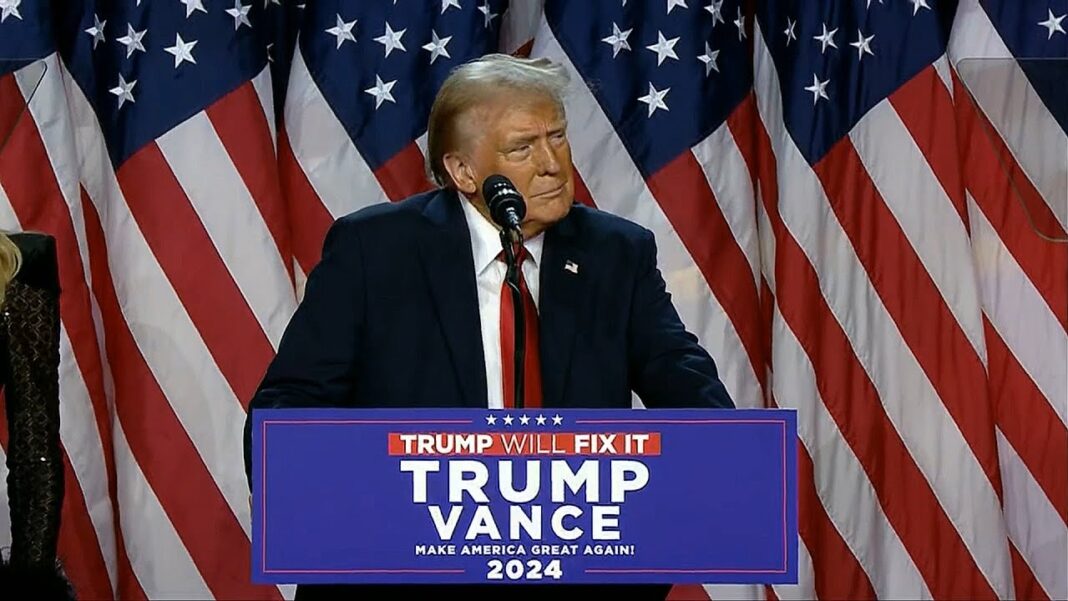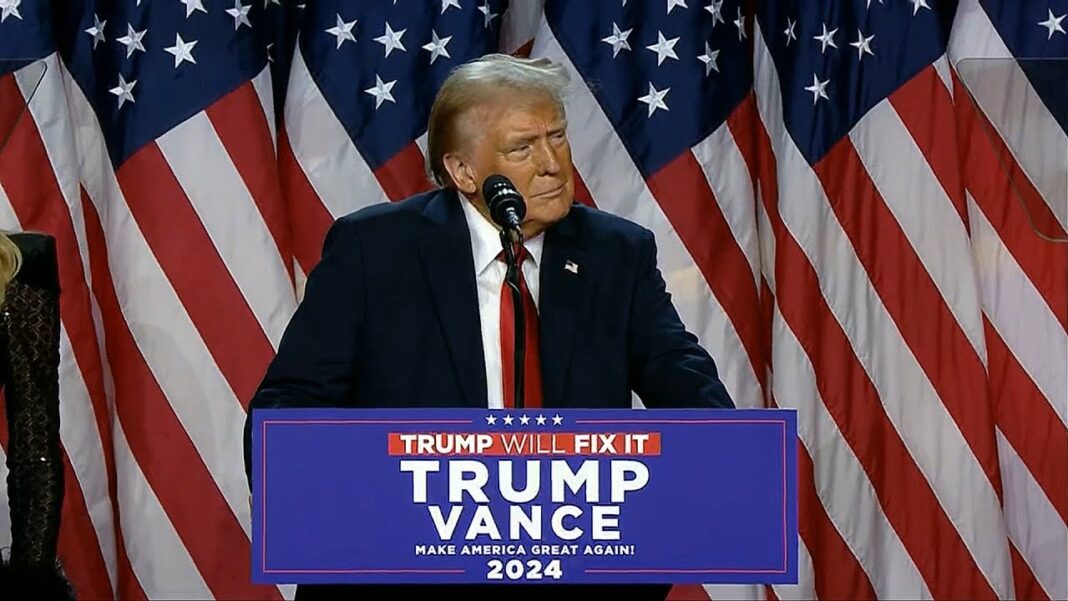Tim Sheehy defeats Sen. Jon Tester (D-Mont.) in key contest that boosts Republicans’ chamber majority.
First-time candidate Republican Tim Sheehy has ended Montana Sen. Jon Tester’s (D-Mont.) three-term tenure in the U.S. Senate, capturing a seat that boosts the GOP’s newly-gained majority in the chamber.
The race was called at 6:26 a.m. Eastern Time on Nov. 6 by The Associated Press, with Trump-endorsed Sheehy leading 52.8 percent to 45.4 percent over Tester, the only statewide-elected Democrat in deep red Montana.
“We The People made our voices heard, we completed our mission, and now we will secure our children’s future and save America together!” Sheehy wrote on the social media platform X.
Republicans had already secured control of the Senate even without the flip in Montana.
Tester, 68, was seeking reelection in a supermajority GOP trifecta state that former President Donald Trump won by 16.5 percentage points in 2020 that has been reliably Republican for decades; state voters haven’t elected a Democrat to the House since 1994 and only two Democrats since 1952—Bill Clinton in 1992 and Lyndon Johnson in 1964—have won presidential elections in Montana.
Sheehy, 38, a Minnesota-born former U.S. Navy SEAL and Iraq/Afghanistan war veteran, founded aerial fire-fighting company Bridger Aerospace in 2014, which employs more than 200 Montanans.
Trump maintains that Tester is out-of-step with the people of the state, often citing the senator’s two votes to impeach him. In recent ads, Montana ranchers say Tester “votes with Biden 95 percent of the time” in imposing unpopular policies.
The pair debated twice, a June 9 Sunday morning clash in Fairmont Hot Springs and a Sept. 30 exchange on the University of Montana campus in Missoula.
Tester, who never endorsed Democrat presidential candidate Vice President Harris, in both debates and in campaign stumps, touted his key vote in the Senate to secure billions for union job-generating infrastructure projects for the state in 2021’s Bipartisan Infrastructure Law and 2022’s Inflation Reduction Act.
He was critical of the Biden administration’s border policies, calling the repeal of Trump’s stay-in-Mexico policy “a bad decision” among “other decisions [Biden] made I thought were bad for the border,” he said during the second debate.
By John Haughey








